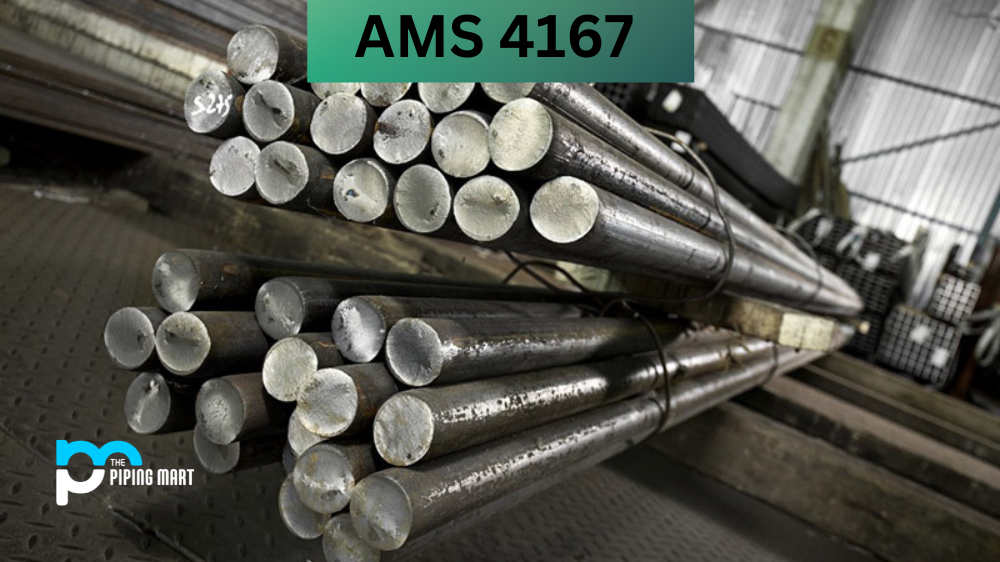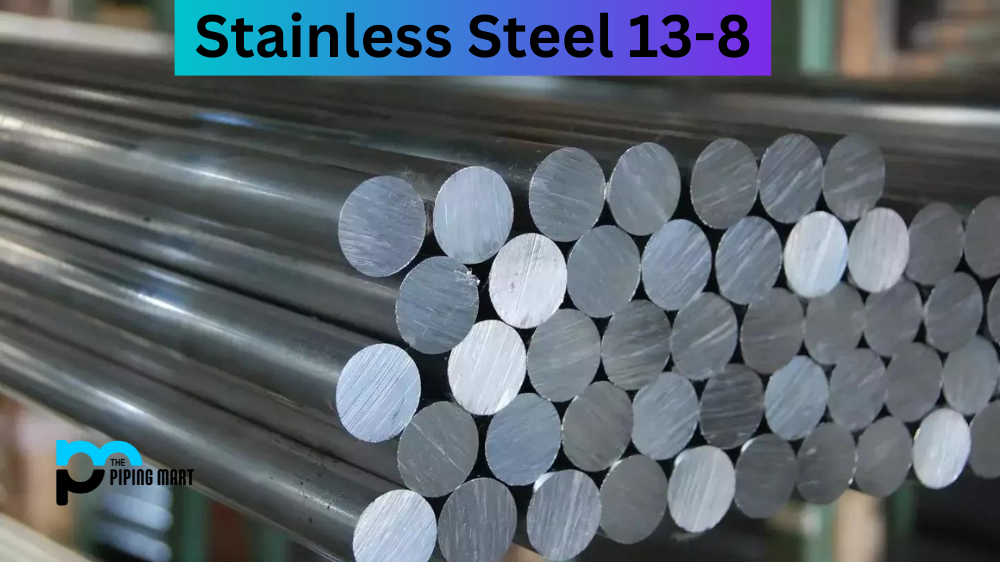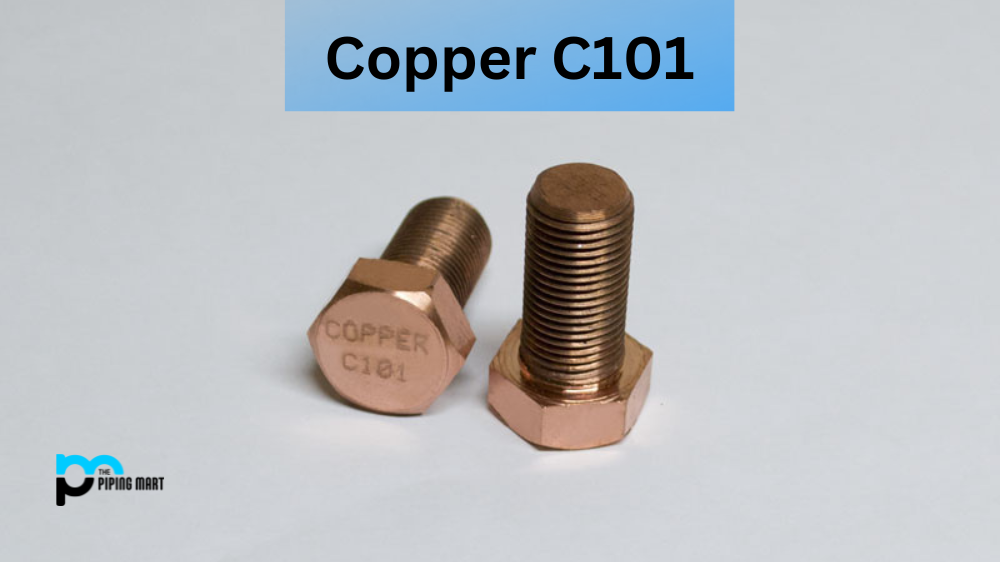AMS 4167 is an aerospace material that has gained popularity in the aviation industry for its high-performance properties. Its exceptional mechanical strength, wear resistance, and robustness have made it ideal for manufacturing aircraft parts, particularly engine components. But what exactly is AMS4167? In this blog post, we will delve deeper into the composition, properties, and applications of AMS 4167, giving you a better understanding of why it is a vital material in the aviation industry.
What is AMS 4167?
AMS 4167 (also known as Aluminium 7075 Alloy) is an essential specification for measuring the viscosity of aviation fuel. This specification outlines the laboratory and calibration procedures required to ensure the measurements’ accuracy. Viscosity is a critical property of aviation fuels as it affects the flow rate through the aircraft’s fuel system, ultimately determining engine performance. By using AMS4167, laboratories can ensure that they produce accurate and consistent results, which provides confidence to the aviation industry that their fuels meet the requirements for safe and efficient operation. Understanding the importance of AMS 4167 is crucial for anyone working in the aviation fuel industry.
What Forms is AMS 4167 Available at Piping Mart?
- Pipes
- Tubing
AMS 4167 Composition
AMS 4167 is a high-grade aluminium alloy that contains various elements, including copper, magnesium, iron, silicon, and zinc. The alloy’s chemical composition deserves close attention since each component determines the material’s overall properties. Copper is added to increase strength, magnesium enhances corrosion resistance, iron provides toughness, and silicon enhances its fluidity during manufacturing.
| Component Elements Properties | Metric | English | Comments |
|---|---|---|---|
| Aluminum, Al | 87.1 – 91.4 % | 87.1 – 91.4 % | As remainder |
| Chromium, Cr | 0.18 – 0.28 % | 0.18 – 0.28 % | |
| Copper, Cu | 1.2 – 2.0 % | 1.2 – 2.0 % | |
| Iron, Fe | <= 0.50 % | <= 0.50 % | |
| Magnesium, Mg | 2.1 – 2.9 % | 2.1 – 2.9 % | |
| Manganese, Mn | <= 0.30 % | <= 0.30 % | |
| Other, each | <= 0.05 % | <= 0.05 % | |
| Other, total | <= 0.15 % | <= 0.15 % | |
| Silicon, Si | <= 0.40 % | <= 0.40 % | |
| Titanium, Ti | <= 0.20 % | <= 0.20 % | |
| Zinc, Zn | 5.1 – 6.1 % | 5.1 – 6.1 % |
AMS 4167 Physical Properties
The physical properties of AMS 4167 include a density of 2.79 g/cm³ and a thermal conductivity of 126 W/(m. K). The alloy has a low coefficient of thermal expansion, making it an excellent choice for applications where thermal contraction and expansion are a concern. It also has excellent corrosion resistance, making it a great choice for harsh environments.
| Physical Properties | Metric | English | Comments |
|---|---|---|---|
| Density | 2.81 g/cc | 0.102 lb/in³ | AA; Typical |
AMS 4167 Mechanical Properties
One of the reasons AMS 4167 is famous in aerospace engineering is because of its excellent mechanical properties. It has superior mechanical strength and a high fatigue resistance rating. The alloy performs well when exposed to high temperatures, making it ideal for producing engine components, such as turbine housings.
AMS 4167 Uses
AMS 4167 is commonly used in the aircraft industry for engine components, actuator housings, pump casings, hydraulic manifolds, and fuel lines. Its high-performance properties make it ideal in applications where strength, durability, and reliability are essential. AMS 4167 is also used to manufacture various other parts, such as gearboxes, crankshafts, and other transmission components.
AMS 4167 Hardness
The hardness of AMS 4167 depends on the heat treatment applied after production. In its natural state, the alloy has a hardness of around 80 HRB, but it can be increased using the T6 heat treatment process. Depending on the required hardness level, AMS 4167 can be heated at temperatures between 982°F and 1022°F, then left to cool naturally or quenched in water or air.
AMS 4167 Heat Treatment
The T6 heat treatment process enhances the mechanical properties of AMS 4167, making it stronger and more durable. The process involves heating the material between 982°F and 1022°F for up to two hours, then quenching it in water or air. The process is then followed by a natural cooling method that improves the material’s strength and toughness.
Conclusion
AMS 4167 is a high-performance aluminium alloy widely used in the aviation industry because of its excellent mechanical properties, strength, and durability. Its chemical composition determines its physical and mechanical properties, which are significant in its uses and applications. The material is heat-treated to increase its hardness and enhance its mechanical properties further. AMS 4167 is a special alloy that has proven reliable and efficient, making it an ideal choice for aircraft engine components and other parts in aerospace engineering.

Pipingmart is a B2B portal that specializes in metal, industrial and piping items. Additionally, we share the latest information and information about materials, products and various types of grades to assist businesses that are involved in this business.




